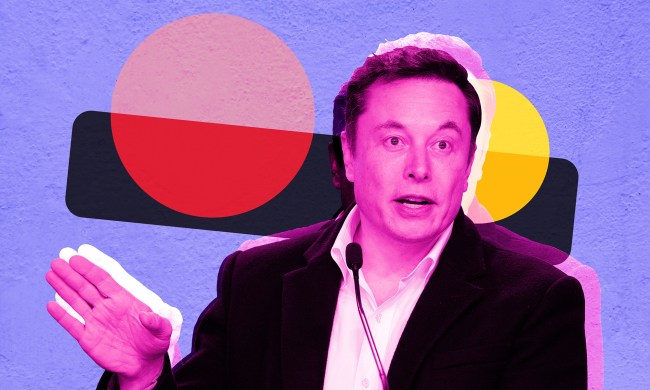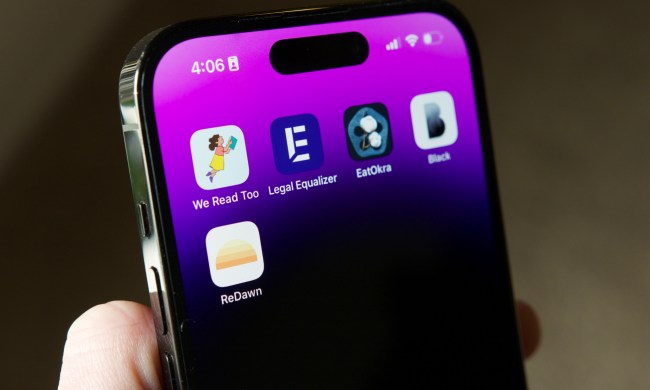Apple and Google’s mobile platforms have faced a maelstrom of criticism regarding their respective app store and operating system rules, and the U.K.’s Competition and Market Authority (CMA) is adding to that cacophony of voices. After the result of a probe this year, the CMA concluded that the mobile duopoly is leading to “less competition and meaningful choice” for customers.
The CMA highlighted a few incidents of concern. Apple famously not allowing Microsoft’s xCloud game streaming app into the App Store merited a mention, as did Google’s deals with smartphone makers to include Chrome and other Google apps in exchange for access to the Google Play Store and Google Play Services.

“Apple and Google have developed a vise-like grip over how we use mobile phones, and we’re concerned that it’s causing millions of people across the U.K. to lose out,” Andrea Coscelli, chief executive of the CMA, said, “Most people know that Apple and Google are the main players when it comes to choosing a phone. But it can be easy to forget that they set all the rules, too – from determining which apps are available on their app stores to making it difficult for us to switch to alternative browsers on our phones. This control can limit innovation and choice, and lead to higher prices — none of which is good news for users.”
The mobile duopoly is an interesting, self-perpetuating cycle. Developers can’t choose to launch on hypothetical operating systems that aren’t iOS or Android if they hope to reach mass appeal, and those hypothetical operating systems can’t keep up if they only — at best — match what iOS and Android currently offer. It happened in the past with phone makers trying out Windows Phone, BlackBerry 10, and other smaller operating systems. Even now, Huawei is doing its best to go it alone with HarmonyOS and an alternate App Store, but the company has found its sales shrinking regardless.
How do we fix it?
In its report, the CMA highlights a few potential fixes regarding sideloading and changing default apps, though it’s worth noting that both are painless affairs on Android at this time. The CMA also says that Apple and Google should allow users to change defaults like browsers, as well as allow alternate payment systems.
A more robust measure would involve labeling Apple and Google as meeting a proposed “Strategic Market Status,” a move that would make them subject to a code of conduct that would prevent them from acting in an anticompetitive manner via the force of law.

“We want the U.K. to remain a place where all tech firms can thrive, and this study underlines the importance of ensuring mobile app stores are fair and competitive,” said Chris Philp, the U.K. government’s tech and digital economy minister, as quoted by the Guardian. “Our new pro-competition regime will level the playing field between tech giants and smaller businesses and prevent abuses that could curtail growth and innovation. We are grateful for the CMA’s work to date and look forward to the final recommendations.”
A basic conundrum
Even as Apple and Google have faced down lawsuits from Epic Games and are embroiled in regulatory brawls spanning from South Korea to the U.S., it is worth noting that mobile commentators have encouraged the integration and standardization being criticized here, especially when it comes to Android. Once a confusing Wild West with Google letting phone makers install all sorts of competing apps and services that led to a compromised end-user experience, the more or less standardized Android experience is a cleaner and user-friendly one. Even things like encouraging and adopting a centralized payments system (though it benefited Apple and Google) also provided value to the customer by making it safer to make and manage mobile purchases and subscriptions.
To be clear, allowing for things like alternate app stores and sideloading is good for competition, but much of the criticism levied at the current mobile ecosystems strays into labeling their current approaches as intrinsically bad rather than necessary at the time. Much like with failed interventions aimed at getting people to forgo using browsers or search engines in the name of encouraging competition, it’s not exactly clear what success would look like if users don’t adopt competing services in notable numbers.



